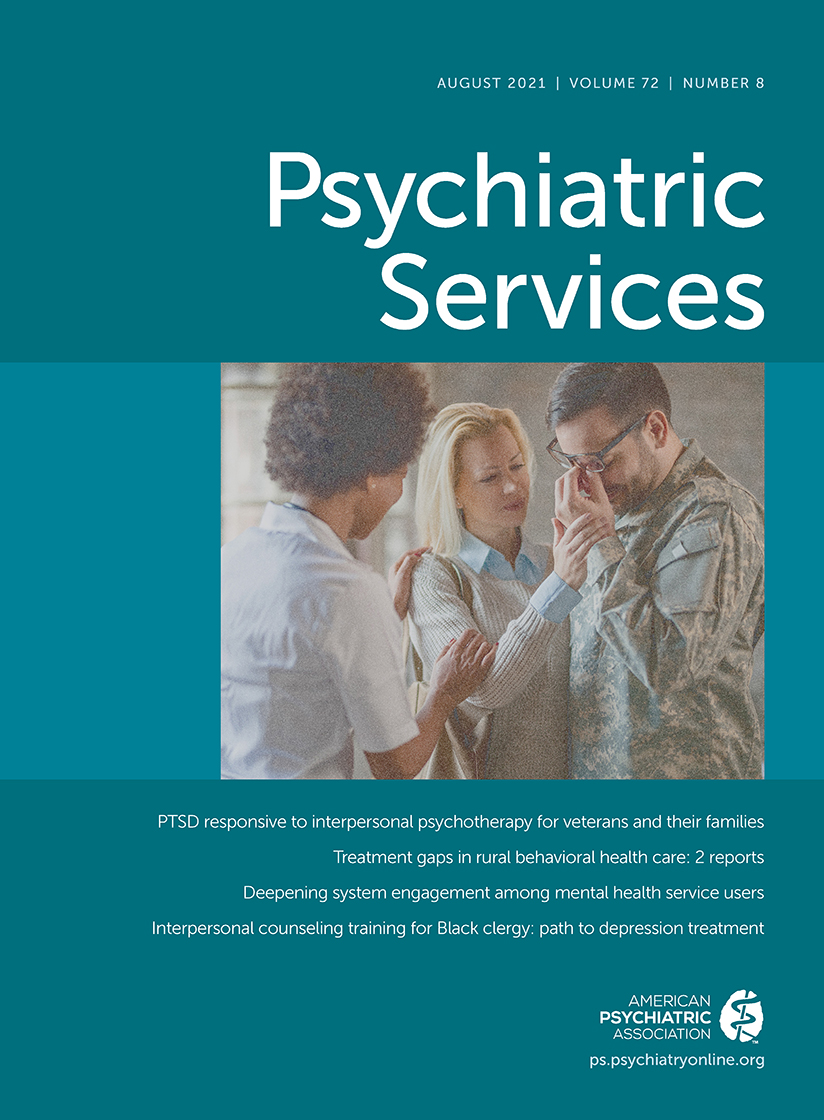Interpersonal Psychotherapy of Posttraumatic Stress Disorder for Veterans and Family Members: An Open Trial
Abstract
Objective:
Military service members and veterans have high rates of posttraumatic stress disorder (PTSD), as do military family members. Exposure-based, cognitive-behavioral approaches have received ample research, but other PTSD therapies require further empirical attention. Interpersonal psychotherapy (IPT) targets affective awareness, life circumstances, and social support. IPT has shown efficacy for civilians with PTSD but awaits rigorous testing among military personnel; only two small military pilot studies and two case reports have been published. Military family members have received minimal attention from clinical outcomes research. Addressing these gaps, this open trial examined IPT for PTSD among veterans, service members, and family members, including a patient subset with comorbid PTSD and depression.
Methods:
Fifty U.S. military service members, veterans, and family members (age ≥18 years) were offered 14 sessions of IPT for PTSD. Individuals with psychosis, bipolar disorder, moderate or severe substance use disorders, or high suicide risk were excluded. PTSD and depressive symptoms were assessed at baseline, midtreatment, posttreatment, and 3-month follow-up.
Results:
Clinician-assessed PTSD (Clinician-Administered PTSD Scale) and depression (Hamilton Depression Rating Scale) symptoms decreased over time in the full sample and the comorbid PTSD/depression subset (p<0.05). Service members, veterans, and family members had similar treatment responses.
Conclusions:
Patients receiving IPT showed reductions in PTSD and depressive symptoms. These open trial findings provide preliminary support for the utility of IPT in reducing PTSD symptoms among veterans and family members. This largest IPT trial to date for PTSD in military patients also bolsters the literature on treating military family members.



